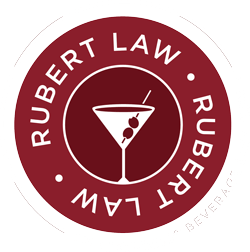Craft beer has revolutionized the liquor and hospitality industry in many ways. Of course, it helped educate the palates of millions who thought they hated beer, only to find out that they hate mass-produced American pilsner. Once on board the craft beer bandwagon, it is a quick step to the nearest local brewery where folks can taste brews produced on-premises by the person who may also be serving your drinks.
Vineyards and wineries also have tours and tasting areas. Vineyards are often located in the country amidst acres of grapevines, making great locations for picnics or day drive destinations. Wineries are primarily production facilities that can be anywhere and will often have a top-notch restaurant attached.
The forgotten craft sibling is distilleries making small-batch whiskey, gin, vodka, rum and other distilled products. These folks can open their distillery for tours and take out sales, but they could not (legally) offer drinks on-premises. This, of course, meant that distilleries did not have lucrative in-house revenue streams and the effective branding of a retail outlet.
New Florida law
Things have changed for distilleries. A new law, CS/CS/SB 46, was one vote short of unanimously passing both the state senate and house. Signed into law by the Governor on June 29, the bill allows craft distillers to sell their products for consumption on-premises for the first time. Specifically, it allows existing and new craft distillers to sell up to 75,000 gallons of their own branded products, as that term is defined by the new law, for consumption on-premises or in factory-sealed containers for consumption off the premises of the craft distillery. The new law also expanded the production allowance of craft distilleries from 75,000 gallons to 250,000 gallons annually.
It also created a new license that will allow certain craft distillers to sell alcoholic beverage products other than their own branded products for consumption on their premises. In order to sell other alcoholic beverage products, the craft distillery must be located in a Destination Entertainment Venue, a new term defined by the bill.
Those with questions about this how this law and other liquor laws affect their existing business or business plan should contact an experienced Florida alcoholic beverage attorney.
